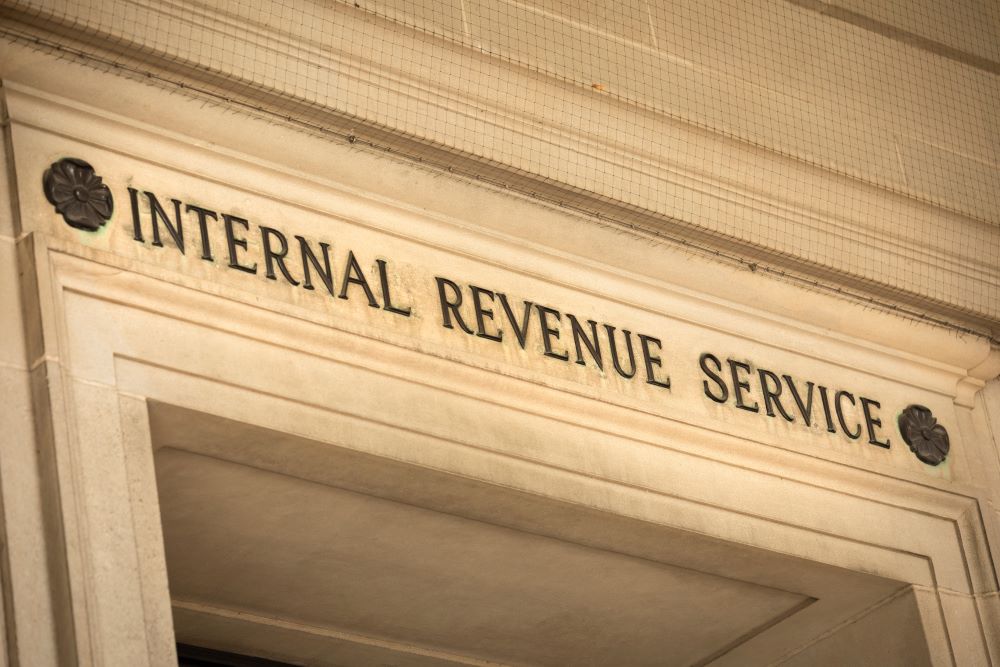
April 21, 2022

During the height of the COVID-19 pandemic, many Atlanta businesses were struggling to maintain operations while navigating uncertainty, new safety regulations, and an assortment of government-issued restrictions. One of the federal relief programs offered to help offset the hardships, the Employee Retention Tax Credit (ERC), provided a much-needed cash boost to business owners. However, when the program unexpectedly came to an end 3 months early (end of 3rd quarter of 2021) it created an issue for those who were not expecting to pay employment taxes. Unfortunately, the withheld amount became due, and many employers were simply unable to repay it. Since December 2021, the IRS has been providing relief to these taxpayers and those who filed an amended return but has yet to receive a refund. Recently issued guidance on penalty relief options. To help clients, prospects, and others, Wilson Lewis has provided a summary of the key details below.
Though the rules and amounts changed over time, eligible employers could claim the ERC on a quarterly basis between March 13, 2020, and September 30, 2021. Some startup businesses were eligible for an extended credit into the fourth quarter of 2021.
Filing for the credit was done on a quarterly basis using Form 941. Employers were permitted to reduce the amount owed relative to the deduction for qualified wages. Partly because ERC qualification criteria were continually changing, many decided to wait and file amended returns to request a retroactive tax credit.
Filing for a retroactive tax credit could be a lengthy process. Hundreds of thousands of amended Forms 941-X were filed after updated IRS guidance was issued this past summer. The IRS was already experiencing a backlog of epic proportions, so it’s little surprise that amended returns are taking much longer than usual to process. How much extra time? Recent data suggests it could take between six and ten months on average to receive a refund from an amended return. Larger refunds of $1 million or more could take even longer.
More than that, many employers could have been counting on the ERC refund for the fourth quarter in 2021 and withheld taxes in anticipation of the credit lasting the rest of the year. In mid-November 2021, the ERC was retroactively terminated as of September 30, 2021. This change threw off annual budgets for some and left others scrambling with a higher tax bill than expected.
The IRS gave employers that received ERC advances for the fourth quarter an extension of time to repay the money. There was also a safe harbor for failure to deposit employment tax due for wages paid between October 1, 2021, and January 1, 2022. Even with the safe harbor, some employers still couldn’t pay the unexpected extra deposits on time – or perhaps at all.
To make matters worse, employers could be getting notices about accruing penalties and interest from the IRS.
Employers will need to “show reasonable cause and not willful neglect for the failure to pay” payroll taxes. First-time penalty abatement is also available in certain situations.
The IRS advises employers to first check that the information in the notice is correct. If any part of the information is incorrect, simply following the notice’s instructions might resolve the issue entirely. When the notice’s information is correct, specific to the ERC, there are certain penalties eligible for relief, including:
In addition to the penalty itself, the IRS usually also charges interest. When some penalties can easily come with multiple fees, and others are assessed daily until the balance is paid, these tax bills can add up quickly.
Atlanta employers stuck with a tax bill they can’t pay in anticipation of an ERC refund that isn’t deposited yet have three options for relief:
Obtaining a waiver based on Reasonable Cause requires the taxpayer to prove that failing to timely file or pay taxes was not out of willful neglect but rather “ordinary business care and prudence” was exercised to attempt to meet federal tax obligations.
Typical situations include a natural disaster or other serious disturbance, failure to obtain records, or death, serious illness, or other unavoidable situations. The IRS will consider other scenarios based on the available facts and circumstances. They look at facts like:
Documentation may be required, and interest generally cannot be waived for relief from a reasonable cause.
Penalty relief via Statutory Exception can be obtained when the IRS issues incorrect guidance thereby leading to a penalty. To qualify, the taxpayer must provide:
To request penalty relief, employers would need to file Form 843, Claim for Refund and Request for Abatement. If the penalty is waived, any accrued interest would be removed as well.
The other option for employers without a recent record of penalties. The First-Time Penalty Abatement Program allows certain taxpayers to qualify for administrative relief for failure to timely file and/or pay if three conditions are met.
Contact Us
While the Employee Retention Tax Credit provided needed relief to many businesses, the unexpected early termination has created some challenges. The recently announced relief provides an important opportunity for certain taxpayers to avoid penalties. If you have questions about the relief program or need assistance with a tax or accounting issue, Wilson Lewis can help. For additional information call us at 770-476-1004 or click here to contact us. We look forward to speaking with you soon.